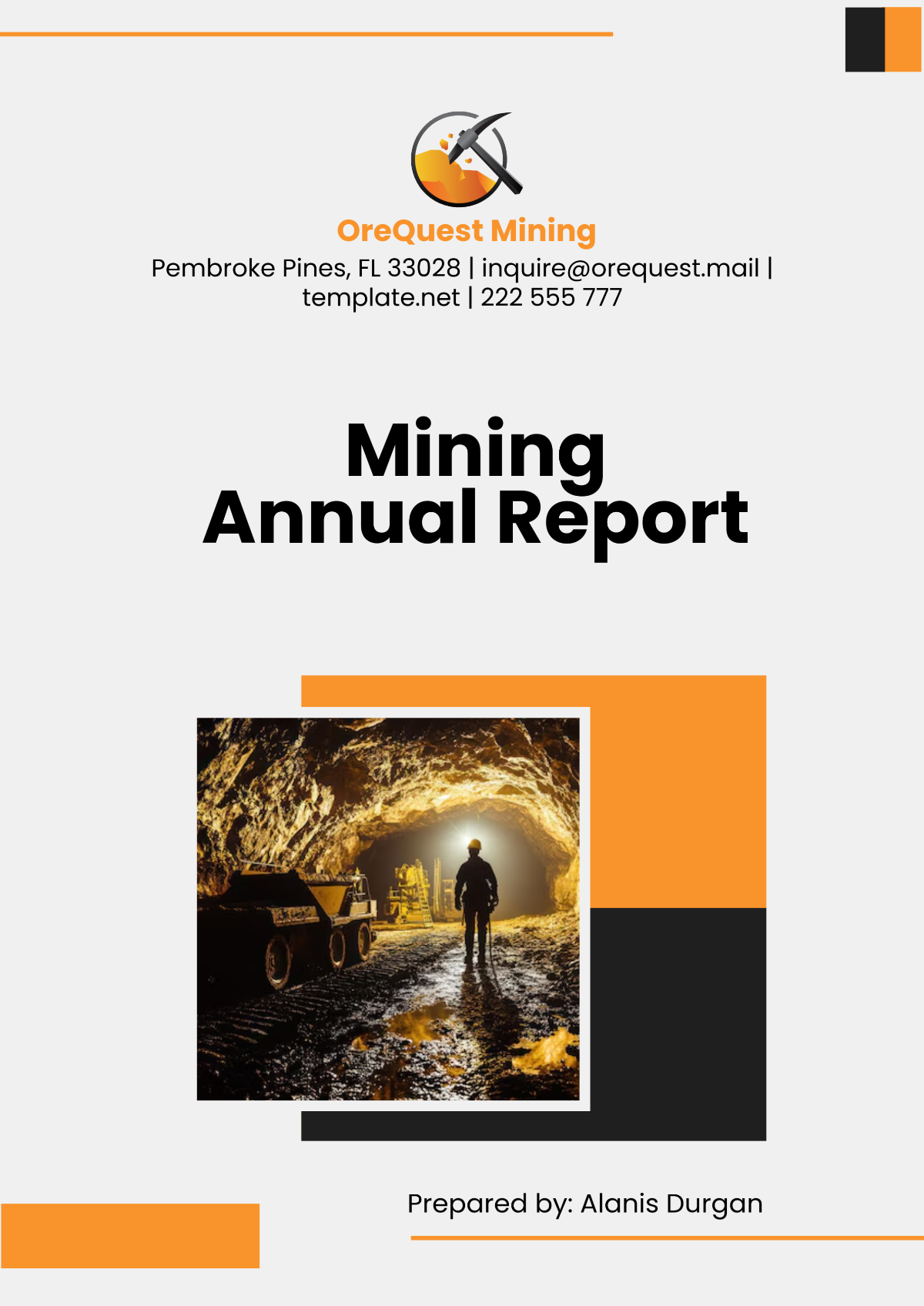Is News Corp An Undervalued Asset? A Deeper Look At Its Business Units

Table of Contents
Analyzing News Corp's Core Business Units
News Corp operates across several distinct segments, each contributing to its overall revenue and profitability. Understanding the performance of these individual units is crucial to evaluating the company's overall valuation. Key segments include News & Information Services, Digital Real Estate Services (primarily through REA Group), and Book Publishing.
-
News & Information Services: This segment includes iconic brands like Dow Jones (publisher of the Wall Street Journal), News UK (publisher of The Times and The Sun), and numerous other newspapers and digital properties. Analyzing revenue streams from print subscriptions, digital subscriptions, advertising, and licensing agreements is key to understanding this segment's profitability and market share. The impact of the ongoing digital transformation on print media needs to be carefully considered. Successful ventures within this segment include the Wall Street Journal's successful digital subscription model. However, challenges remain in adapting legacy print businesses to the digital landscape. Competitors include other major news organizations like the New York Times Company and Bloomberg.
-
Digital Real Estate Services (REA Group): REA Group, a significant portion of News Corp's value, dominates the Australian real estate market and operates in other key markets globally. Its revenue primarily comes from listing fees, advertising, and other value-added services. This segment benefits from the consistent demand for real estate information and services. Competitive analysis requires evaluating REA Group's performance against other major players in the online real estate market.
-
Book Publishing: This segment includes HarperCollins Publishers, a significant player in the global book publishing industry. Revenue streams stem from physical and digital book sales, and this segment faces challenges related to changing consumer preferences and competition from self-publishing platforms. Growth opportunities might exist in expanding into new markets and developing digital publishing initiatives. Analyzing the market share and profitability of each imprint is vital.
-
Synergies and Digital Transformation: The potential for synergies between News Corp's business units is an important consideration. For example, leveraging data analytics across segments could improve marketing efficiency and audience engagement. The ongoing digital transformation impacts all segments, requiring strategic adaptation and investment in technology and digital platforms.
Financial Performance and Valuation Metrics
A thorough evaluation of News Corp's financial health is essential to determining its valuation. This involves analyzing key financial statements and calculating relevant ratios.
-
Financial Statement Analysis: A deep dive into News Corp's income statement, balance sheet, and cash flow statement is necessary. Examining revenue growth, profitability margins, and cash flow generation provides insights into the company's financial performance.
-
Key Financial Ratios: Calculating and interpreting key ratios like earnings per share (EPS), price-to-earnings ratio (P/E), debt-to-equity ratio, free cash flow, dividend yield, and return on equity (ROE) helps to assess its financial health and profitability relative to its industry peers and historical performance.
-
Valuation Metrics Comparison: Comparing News Corp's valuation metrics (like P/E ratio) against industry peers and its historical performance helps determine if it's currently trading at a discount or premium to its intrinsic value. Considering market sentiment and investor expectations is crucial in this analysis.
-
Debt Levels and Dividend Sustainability: News Corp's debt levels and their implications for future growth need to be evaluated. The sustainability of its dividend payouts is another important factor for investors to consider.
Market Position and Competitive Landscape
News Corp operates in a dynamic and competitive media landscape. Understanding its market position and competitive advantages is crucial.
-
Competitor Analysis: Identifying News Corp's main competitors in each business segment (e.g., other major news organizations, online real estate platforms, and book publishers) and analyzing the competitive intensity is critical.
-
Market Trends and Challenges: Analyzing market trends, such as the increasing influence of digital platforms and changing consumer preferences, is vital to understanding the challenges and opportunities facing News Corp.
-
Strategic Positioning and Competitive Advantages: Evaluating News Corp’s strategic positioning and its competitive advantages, such as strong brand recognition and established market share in certain segments, provides a clearer picture of its long-term prospects.
-
Regulatory Environment and Disruption: The impact of regulatory changes and technological disruption on News Corp’s business model, including the digital disruption and its impact on print media, needs thorough examination.
Assessing the Risk Factors
Investing in News Corp involves inherent risks. A comprehensive risk assessment is necessary.
-
Market Risk: Economic downturns can significantly impact advertising revenue and consumer spending, affecting News Corp's profitability.
-
Regulatory Risk: Changes in media regulations and government policies can influence News Corp's operations and profitability.
-
Operational Risk: Challenges in managing large and diverse business units, technological disruptions, and cybersecurity threats pose operational risks.
-
Reputational Risk: Negative publicity or controversies can significantly damage News Corp's reputation and negatively impact its business.
-
Geopolitical Risk: Political instability in various markets where News Corp operates can disrupt its operations.
Conclusion
This in-depth analysis of News Corp's various business units, financial performance, and market position provides a comprehensive view of its current standing. While acknowledging inherent risks like those related to market volatility and the competitive media landscape, the analysis reveals potential areas of significant growth and value creation, particularly within its digital real estate segment. The evaluation of its financial health and the examination of its strategic positioning in a dynamic media landscape allows for a more informed opinion on its potential as an investment.
Is News Corp an undervalued asset? The evidence suggests it may be worth a closer look. Conduct your own thorough research, considering both the opportunities and the risks inherent in any media investment before making any investment decisions regarding News Corp stock. Further investigation into News Corp's financial statements, industry trends, and the competitive landscape will provide a more complete understanding of its potential as an undervalued asset.

Featured Posts
-
 Stocks Rise 8 On Euronext After Trump Pauses Us Tariffs
May 25, 2025
Stocks Rise 8 On Euronext After Trump Pauses Us Tariffs
May 25, 2025 -
 Match Monaco Nice Les Joueurs Selectionnes
May 25, 2025
Match Monaco Nice Les Joueurs Selectionnes
May 25, 2025 -
 Philips Annual General Meeting Financial Results And Future Outlook
May 25, 2025
Philips Annual General Meeting Financial Results And Future Outlook
May 25, 2025 -
 Is This Apple Ceo Tim Cooks Worst Year Yet
May 25, 2025
Is This Apple Ceo Tim Cooks Worst Year Yet
May 25, 2025 -
 Jenson And The Fw 22 Extended Whats New And Improved
May 25, 2025
Jenson And The Fw 22 Extended Whats New And Improved
May 25, 2025
